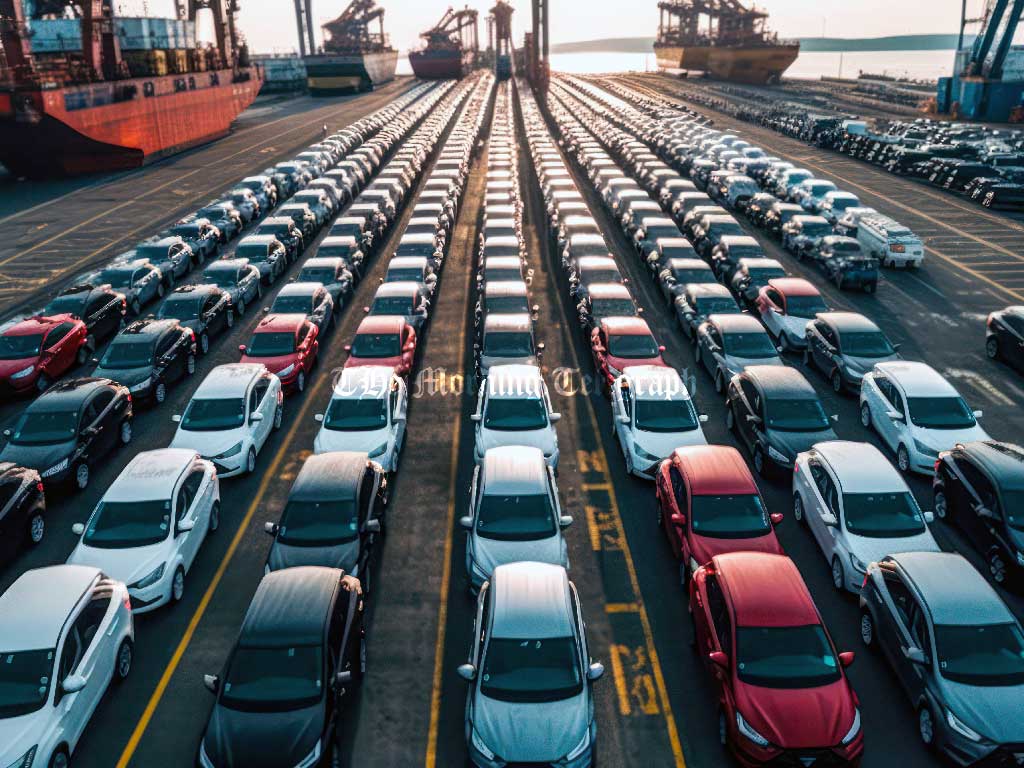
The cost of imported vehicles in Sri Lanka has soared by approximately 300% since 2020, largely driven by the depreciation of the rupee against the US dollar, hefty import taxes, and rising global vehicle auction prices. Vehicle importers highlight that the price of a Toyota bus, which was sold for Rs. 7 million in 2020, now exceeds Rs. 20 million after importation due to these factors.
A key contributor to the price hike is the tax structure on imported vehicles. Taxes are calculated based on engine capacity, with a levy of Rs. 2,500 to Rs. 3,500 per cubic centimeter (CC), alongside an 18% value-added tax (VAT). This tax burden, coupled with the stronger dollar, significantly inflates the final retail price of vehicles in Sri Lanka.
The government has restricted vehicle imports primarily to the transportation and tourism sectors. However, a cabinet paper concerning the importation of private vehicles is expected to be presented by mid-January 2025. If approved, private vehicle imports could resume, but industry experts predict little to no price relief for consumers due to ongoing economic challenges.
Another factor contributing to the higher costs is the rising price of vehicles at auctions in Japan, one of Sri Lanka’s primary sources for imported vehicles. As a result, there is now minimal difference in price between used vehicles and newly assembled ones in the Japanese market, further complicating cost reductions for Sri Lankan importers.
These rising costs have also affected the domestic second-hand vehicle market, where prices remain high. Vehicle importers confirm that, with no decline in import costs, second-hand vehicle prices are unlikely to stabilize or decrease.
Despite these challenges, new buses manufactured by Toyota in Japan are expected to arrive in the Sri Lankan market by the end of January 2025. Importers, however, caution that these vehicles will also be subject to the same high taxes and currency pressures, keeping their prices steep for local buyers.
The Sri Lankan government faces growing calls to address these challenges by revisiting tax policies and providing more favorable conditions for vehicle importers and consumers alike. Until such measures are taken, the high cost of vehicles will remain a significant issue for buyers in Sri Lanka.




